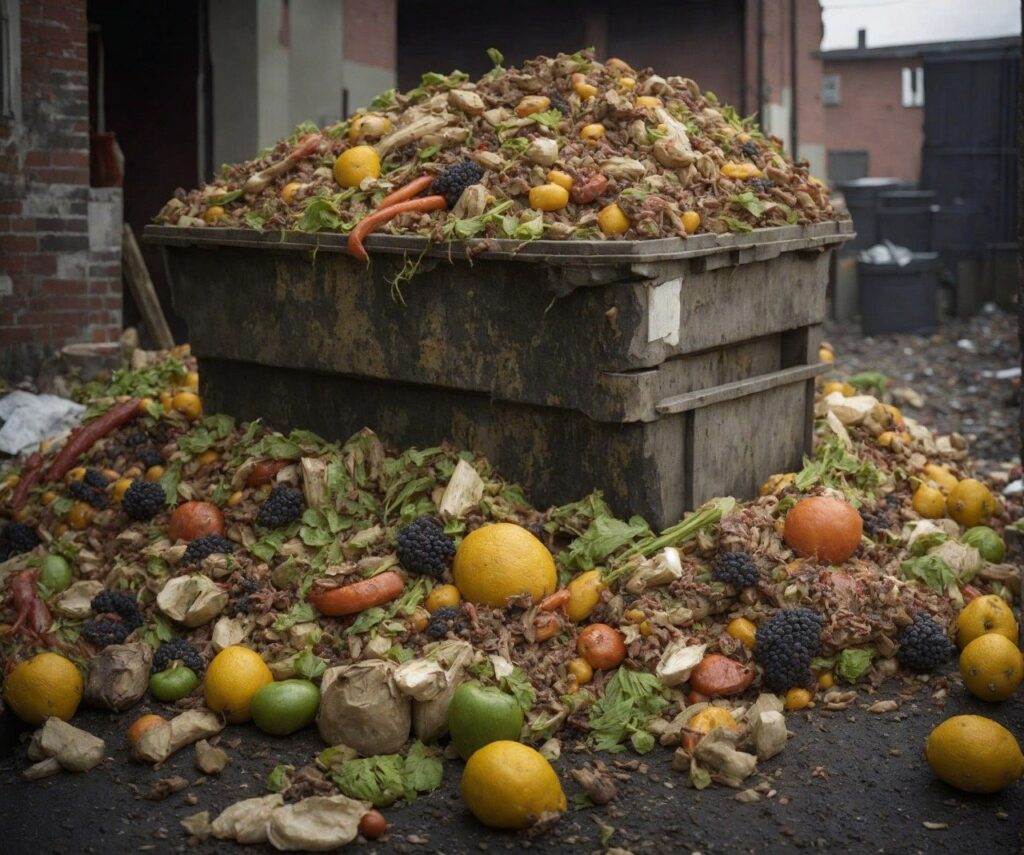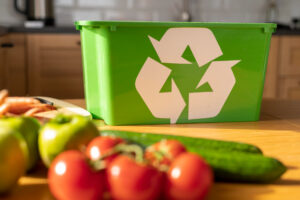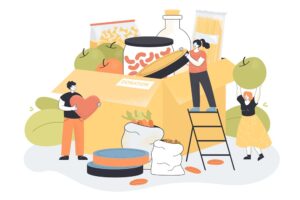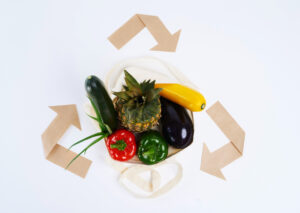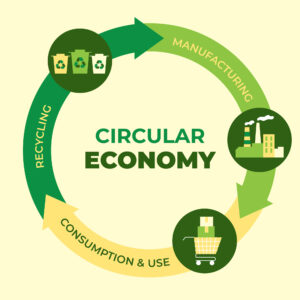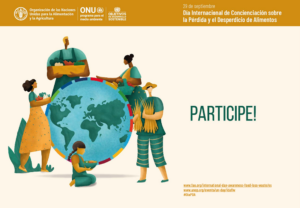To catalyze essential actions aimed at reducing food waste and making SDG 12.3 a reality, it is necessary to know the extent of food waste. Quantifying food waste allows countries to understand the magnitude of the problem, which reveals the size of the opportunity, while establishing a baseline for monitoring progress.
The UNEP (United Nations Environment Programme) Food Waste Index 2024 Report, produced by WRAP, provides the most accurate global estimate of food waste by retailers and consumers. Provides guidance to countries to improve data collection and suggests best practices for moving from measuring to reducing food waste.
El 2022, es van generar 1.050 milions de tones de deixalles alimentaries (incloses les restes no comestibles), fet que suposa 132 quilograms per persona i aproximadament una cinquena part de tots els aliments disponibles per al consum humà. Del total d’aliments desaprofitats el 2022, el 60% es va rebutjar des de les llars, mentre que el 28% va correspondre als proveïdors de serveis alimentaris i el 12% al comerç detallista.
"Food waste is a global tragedy. Millions of people will go hungry today because of food waste around the world», said Inger Andersen, Executive Director of UNEP. "Not only is this a serious development problem, but the repercussions of this unnecessary waste are causing substantial costs to the climate and nature. The good news is that we know that if countries prioritize this issue, they can significantly reverse food loss and waste, reduce climate impacts and economic losses, and accelerate progress towards global objectives».
Since 2021, the data infrastructure has been strengthened through more studies that track food waste. Globally, the number of data points with household granularity almost doubled. However, many low- and middle-income countries still lack adequate systems to adequately monitor progress towards meeting Sustainable Development Goal 12.3 of halving food waste by 2030, in particular in retail trade and food services.
Since 2021, the data infrastructure has been strengthened through more studies that track food waste
Only four G20 countries (Australia, United States of America, Japan, United Kingdom) and the European Union have adequate food waste estimates to track progress by 2030. Saudi Arabia and Canada have adequate estimates at household granularity; for its part, Brazil expects to have an estimate at the end of 2024. In this context, the report serves as a practical guide for countries to consistently measure and report on food waste.
La pèrdua i el malbaratament d’aliments van generar entre el 8% i el 10% de les emissions mundials de gasos d’efecte hivernacle (GEI) (gairebé 5 vegades més que el sector de l’aviació)
Les dades confirmen que el malbaratament d’aliments no és només un problema dels “països rics”, ja que els nivells de malbaratament d’aliments a les llars difereixen en només 7 kg per càpita respecte a la mitjana observada per als països d’ingrés alt, mitjà-alt i mitjà-baix. Alhora, els països més calorosos tendeixen a desaprofitar més aliments per habitant a nivell de les llars, la qual cosa pot ser deguda a un major consum d’aliments frescos amb gran quantitat de parts no comestibles ia la manca de cadenes de fred fiables.
Only four G20 countries (Australia, the United States of America, Japan, the United Kingdom) and the European Union have adequate food waste estimates to track progress by 2030
According to recent data, food loss and waste generated between 8% and 10% of global greenhouse gas (GHG) emissions (almost 5 times more than the aviation sector) and a significant loss of biodiversity by occupying the equivalent of almost a third of the world's agricultural land.
The cost of food loss and waste to the global economy is estimated to be approximately $1 trillion.

